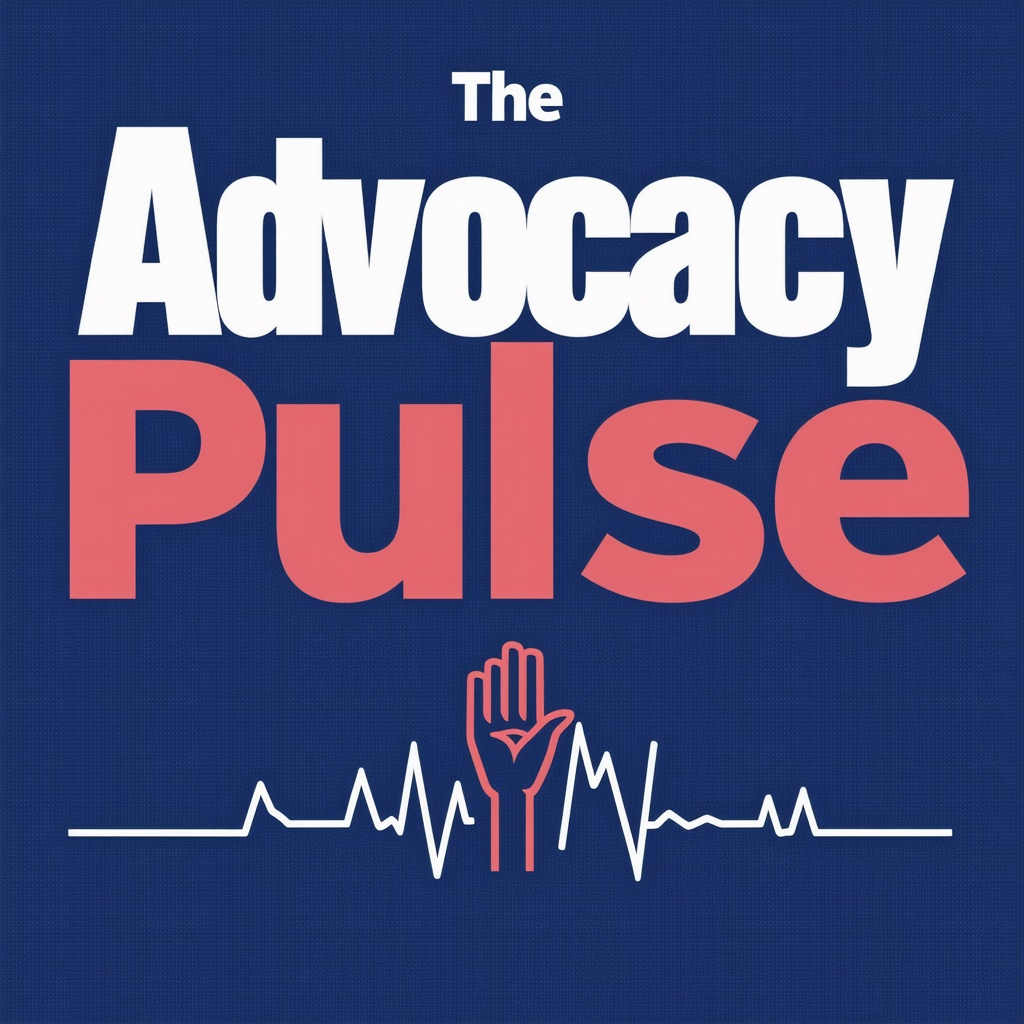

A BlogCast for Victim Advocates
Supporting Survivors of Intimate Partner Violence: What Every Advocate in Law Enforcement Needs to Know

Episode/Blog Transcript
Supporting Survivors of Intimate Partner Violence: What Every Advocate in Law Enforcement Needs to Know
Note: We recognize the depth of your experience, but even the most seasoned professionals occasionally need a reminder or a quick refresher.
Intimate Partner Violence (IPV) continues to be one of the most pervasive and complex crimes victim advocates encounter. As an advocate working within law enforcement, your role is critical in offering support, building trust, and helping survivors navigate not only the justice system but also the deeply personal journey of healing and safety planning.
IPV doesn’t just impact a victim physically—it affects their mental health, self-worth, financial stability, and social connections. Many survivors stay in dangerous situations due to fear, manipulation, economic dependence, or concern for their children. Compassionate, informed advocacy can make a life-changing difference.
In this post, we’ll explore best practices for supporting survivors of IPV and share practical strategies you can use to help survivors feel seen, heard, and empowered.
1. Understand the Dynamics of IPV
IPV is not just about physical violence—it can include emotional, psychological, financial, sexual, digital, and verbal abuse. Survivors may experience coercive control, gaslighting, and isolation, making it difficult for them to recognize or leave the abusive relationship.
Advocates should:
Be trauma-informed and nonjudgmental in all interactions.
Avoid pressuring survivors to leave before they feel ready—it’s often more dangerous to leave without a plan.
Acknowledge the complexity of their emotions—fear, guilt, love, shame, or loyalty are common.
2. Create a Safe, Confidential Space for Disclosure
For many survivors, disclosing abuse to an advocate is the first step toward change. Your approach matters.
Best practices:
Ensure privacy and confidentiality to the extent possible.
Start with open-ended, compassionate questions like “What would feel most helpful to you right now?” or “Would you like to talk about what’s been happening at home?”
Affirm their experiences without judgment or disbelief.
3. Support Safety Planning
Leaving an abusive relationship is often the most dangerous time for a survivor. That’s why safety planning is essential—even if the survivor isn’t ready to leave yet.
Advocates can:
Help develop a personalized safety plan that includes safe escape routes, emergency contacts, and safe places to go.
Encourage survivors to keep copies of important documents and a packed emergency bag.
Discuss digital safety strategies (e.g., turning off location tracking, using secure devices, clearing browser histories).
Collaborate with law enforcement to offer protective measures, such as no-contact orders or emergency relocation resources.
4. Connect Survivors with Resources
Empowering survivors means ensuring they have access to the tools they need for long-term safety and healing.
Consider referring survivors to:
Local shelters or housing assistance programs
Counseling and trauma therapy services (especially those specializing in IPV)
Victim compensation programs
Legal advocacy or pro bono legal services for protective orders, custody, or divorce proceedings
Job readiness, childcare, and financial independence programs
Survivors often face economic abuse, so connecting them with programs that support financial stability is key to reducing dependence on the abuser.
5. Collaborate Across Systems
Survivors often must navigate a maze of criminal, civil, and social services systems. Advocates in law enforcement are in a powerful position to build bridges and ease those burdens.
Suggestions:
Work closely with prosecutors, child welfare services, shelter advocates, and mental health providers to create coordinated, survivor-centered responses.
Ensure survivors understand their rights at every stage of the justice process—from filing a report to attending court hearings.
Keep survivors informed of case progress and next steps. Feeling “in the dark” can re-trigger a sense of powerlessness.
6. Center the Survivor’s Voice and Choice
The ultimate goal is to empower—not rescue—survivors. They are the experts in their own lives, and your role is to support their choices, even if they differ from what you might expect.
Remember:
Offer information and options, not pressure.
Respect their decisions, even if they choose to stay for now.
Encourage autonomy and help rebuild their confidence and sense of control.
You Are a Lifeline
As a victim advocate in law enforcement, your support can be the turning point in a survivor’s life. Your words, actions, and compassion can help them feel less alone—and more empowered to take the next steps toward safety and healing.
Every interaction is an opportunity to plant seeds of hope, build trust, and walk alongside survivors on one of the hardest journeys they may ever face. Your work matters deeply.
On behalf of the team at Visible Digital Solutions, thank you for your service!
_____________________
Learn how our eVAC program can assist you with your victims of crime. Click here for more information.
RECENT POSTS
Tap the three lines to see Post list.
Copyright - Visible Digital Solutions LLC | Privacy Policy